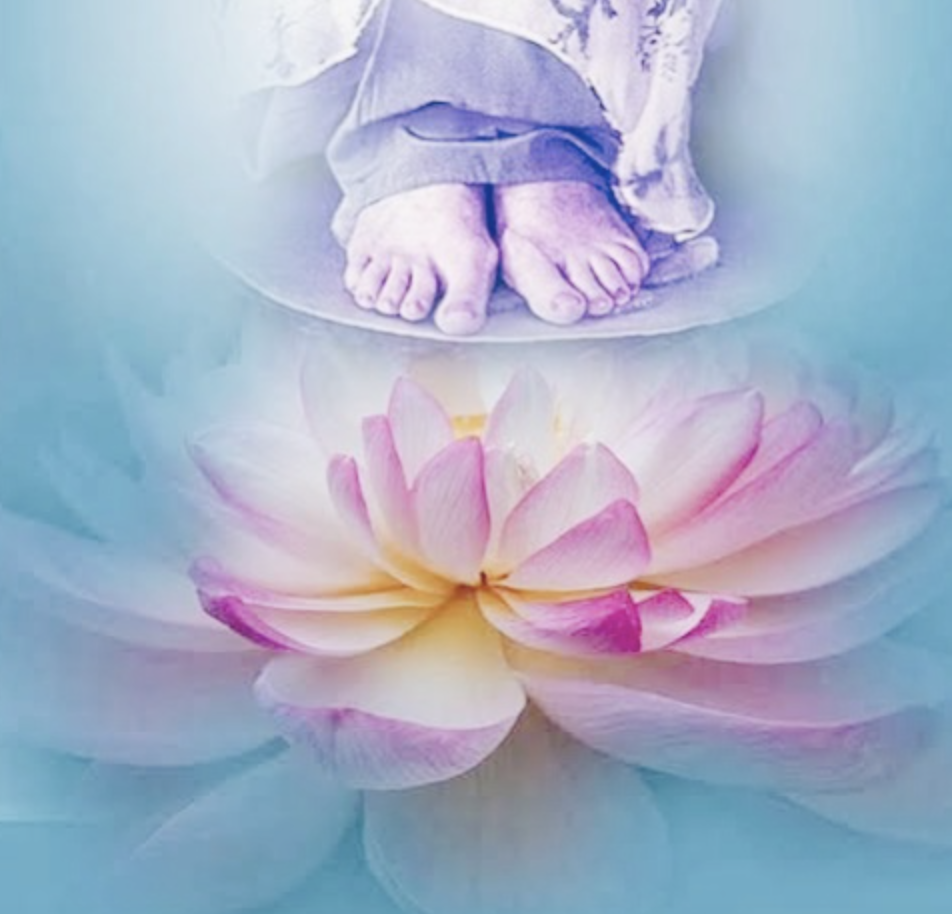A stillness of cessation reigned, the wide
Immortal hush before the gods are born;
A universal Force awaited, mute,
The veiled Transcendent’s ultimate decree.
Sri Aurobindo, Savitri, Book III, Canto III, page 322
… The egoistic consciousness passes through many stages in its emotional expansion. At first it is bound within itself, callous therefore to the experiences of others. Afterwards it is sympathetic only with those who are identified in some measure with itself, indifferent to the indifferent, malignant to the hostile. When it overcomes this respect for persons, it is ready for the reception of the altruistic principle.But even charity and altruism are often essentially egoistic in their immediate motive. They are stirred by the discomfort of the sight of suffering to the nervous system or by the pleasurableness of others’ appreciation of our kindliness or by the egoistic self-appreciation of our own benevolence or by the need of indulgence in sympathy. There are philanthropists who would be troubled if the poor were not always with us, for they would then have no field for their charity.We begin to enter into the universal consciousness when, apart from all individual motive and necessity, by the mere fact of unity of our being with all others, their joy becomes our joy, their suffering our suffering. But we must not mistake this for the highest condition. After a time we are no longer overcome by any suffering, our own or others’, but are merely touched and respond in helpfulness. And there is yet another state in which the subjection to suffering is impossible to us because we live in the Beatitude, but this does not deter us from love and beneficence,—any more than it is necessary for a mother to weep or be overcome by the little childish griefs and troubles of her children in order to love, understand and soothe.Nor is detailed sympathy and alleviation of particular sufferings the only help that can be given to men. To cut down branches of a man’s tree of suffering is good, but they grow again; to aid him to remove its roots is a still more divine helpfulness. The gift of joy, peace or perfection is a greater giving than the effusion of an individual benevolence and sympathy and it is the most royal outcome of unity with others in the universal consciousness.
Sri Aurobindo, Essays on Philosophy and Yoga, CWSA volume 13, pages 454 – 455. |

